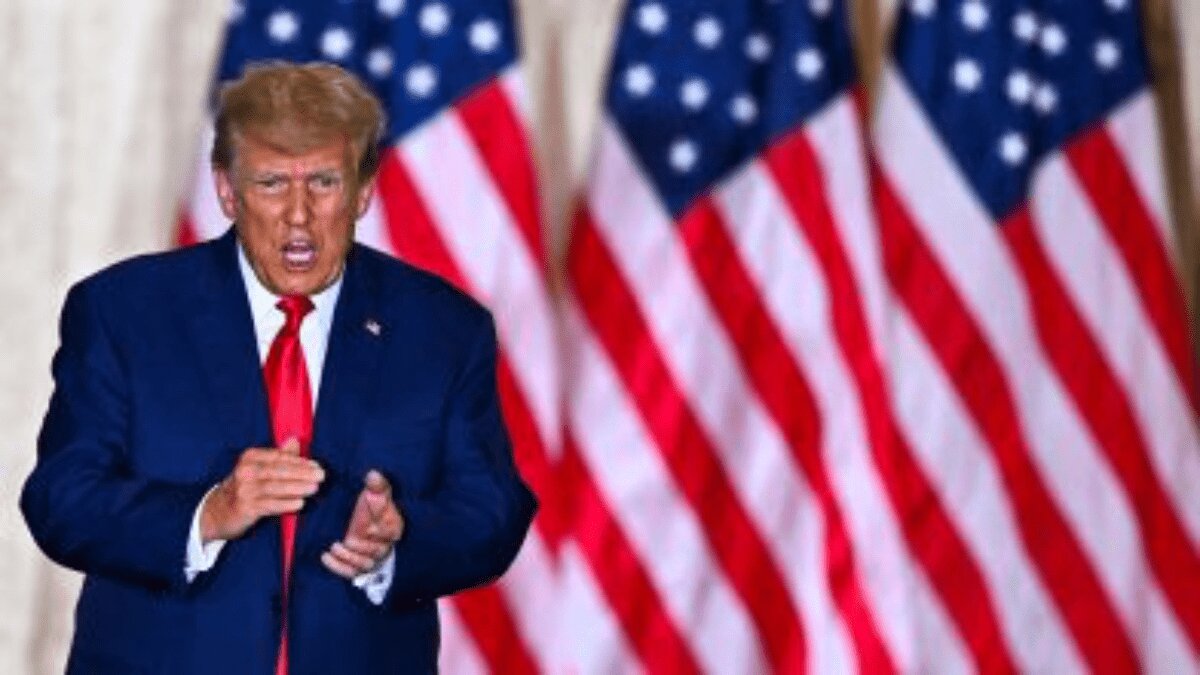The Republican presidential candidates invested heavily in New Hampshire, a crucial state in the early primary process. Here’s a breakdown of their spending:
Republicans:
- Nikki Haley:
- The Haley campaign and affiliated super PACs spent nearly $30 million on New Hampshire advertisements, making over 100 campaign stops in the state.
- The goal was to elevate Haley’s presence and secure 40% or more of the votes, aiming to narrow the competition for her as they move toward South Carolina.
- Donald Trump:
- Trump spent almost $13 million in New Hampshire, making 16 stops in the state. While he spent less than Haley, Trump’s significant following and established presence contributed to his strategy.
- Ron DeSantis:
- DeSantis, who withdrew from the race two days before the primary, committed fewer resources. He spent about $8 million in New Hampshire, with no additional spending beyond Iowa.
- The DeSantis campaign and three super PACs did not invest in New Hampshire ads, indicating a lack of confidence in the state’s potential for victory.
Democrats:
- Joe Biden:
- President Biden did not participate in the New Hampshire Democratic primary, breaking tradition. His name was not on the ballot, but his supporters launched a write-in effort for a symbolic victory.
- Allies, including Granite for America, a super PAC led by Kathy Sullivan, spent over $1.2 million on ads and mail supporting Biden in the state.
- Democratic leaders like Rep. Ro Khanna and Sen. Maggie Hassan actively engaged with voters, urging them to write Biden’s name on the ballot.
- Dean Phillips:
- Democratic challenger Rep. Dean Phillips, critical of Biden’s age, spent $5 million of his own money in New Hampshire, emphasizing concerns about Biden’s electability against Trump.
Despite President Biden’s decision not to participate in the traditional primary, his supporters sought to make a statement through the write-in effort, emphasizing his symbolic victory in the state. Overall, the spending patterns reflect strategic decisions by candidates based on their confidence in New Hampshire and the broader primary landscape.


